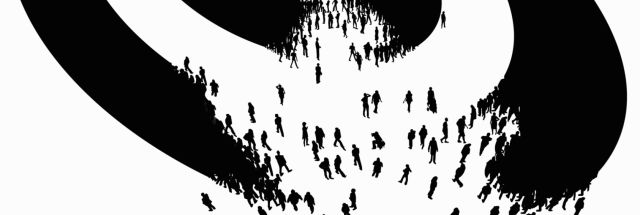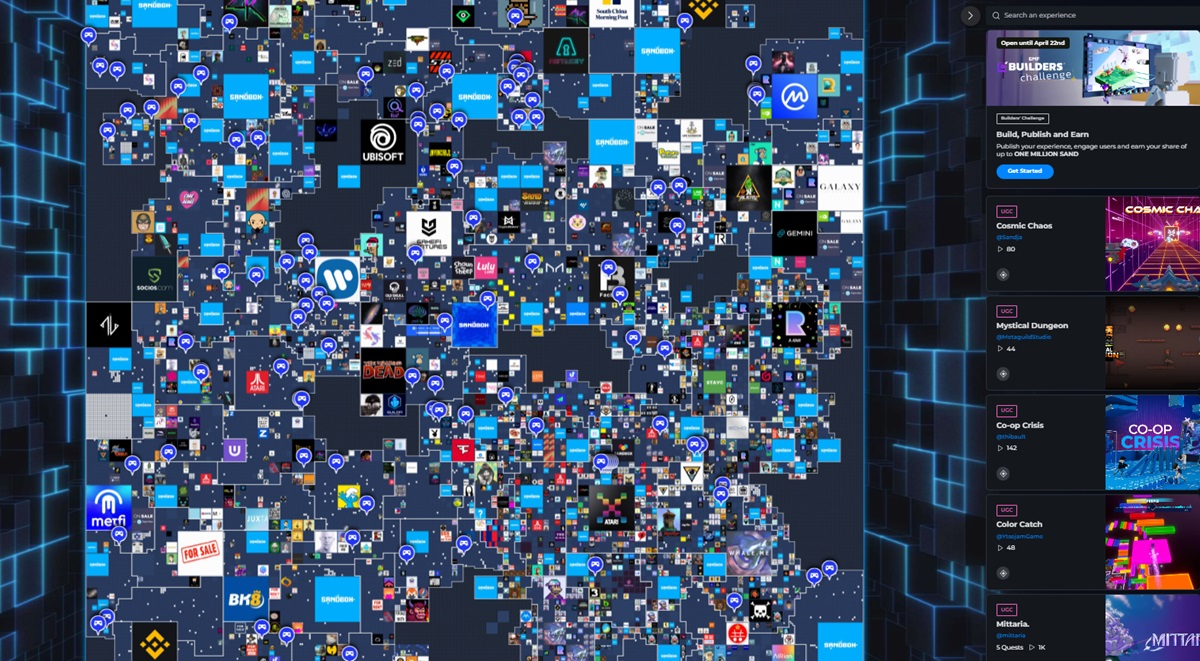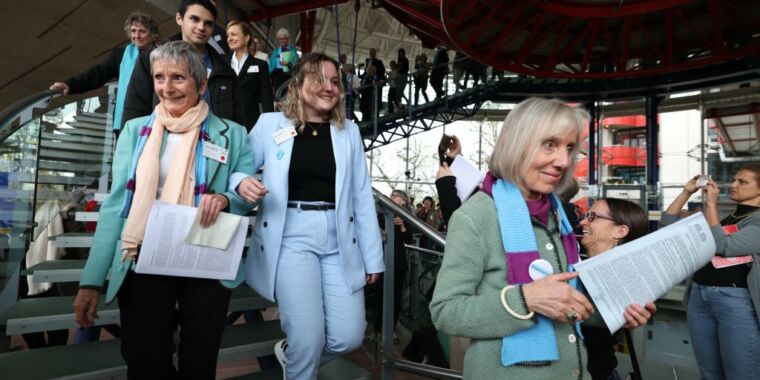Revolutionizing Copyright Recognition for AI-Generated Works
Last October, a pivotal email landed in the inbox of Elisa Shupe, a 60-year-old retired US Army veteran, with a jarring opening line: “I fired a nuke at the US Copyright Office this morning.” Shupe had just submitted a copyright registration for her novel, leveraging the power of OpenAI’s ChatGPT during the writing process.
Shupe’s bold move was an attempt to challenge the US Copyright Office’s policy on AI-generated content, which typically requires creators to exclude machine-generated elements from copyright protection. While her initial application was swiftly rejected, Shupe persevered and ultimately secured a groundbreaking victory in her battle for recognition.
Recently, the US Copyright Office reversed its decision and granted copyright registration for Shupe’s work, titled AI Machinations: Tangled Webs and Typed Words, a piece of autofiction published under the pseudonym Ellen Rae on Amazon. Drawing inspiration from Shupe’s intriguing life and her advocacy for more inclusive gender recognition, this novel showcases the evolving landscape of intellectual property rights in the age of artificial intelligence.
The Copyright Conundrum
Intellectual property lawyer Erica Van Loon emphasizes the complexity faced by the Copyright Office in navigating the intersection of AI and creative ownership. In Shupe’s case, the approval of her copyright registration comes with a notable caveat. While she is recognized as the author of the “selection, coordination, and arrangement of text generated by artificial intelligence,” the individual sentences and paragraphs are not subject to copyright protection.
Despite the agency’s acknowledgment of Shupe’s role in curating AI-generated text, the copyright registration explicitly delineates the scope of her rights. On the day of her initial registration attempt, the US Copyright Office backdated its decision, illustrating a subtle shift in their approach to AI-generated works.
The Policy Landscape
President Biden’s executive order on AI last fall called for a comprehensive evaluation of copyright implications in the realm of artificial intelligence. This directive urged collaboration between the US Patent and Trademark Office and the Copyright Office to assess the “scope of protection for works produced using AI,” signaling a broader discussion on the evolving nature of creative ownership.
Shupe’s case serves as a testament to the transformative power of AI tools in enabling individuals with disabilities to engage in creative pursuits. Her advocacy for an ADA exemption for AI-assisted content highlights the critical role of technology in fostering inclusivity and empowering creators facing cognitive impairments.
Elisa Shupe’s journey epitomizes the intricate dance between human creativity and artificial intelligence, shedding light on the evolving contours of copyright recognition in an increasingly AI-driven world.
Image/Photo credit: source url





